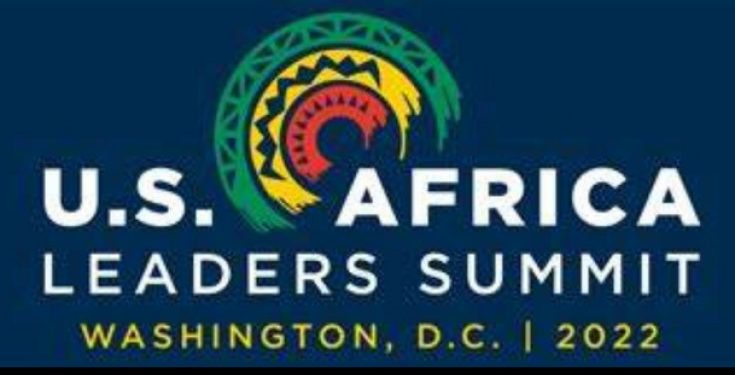The United States will provide $55 billion in the next three years to support African countries on a wide range of issues, including the economy, health and climate change, a White House official said on Tuesday.
The revelation was made on the sidelines of the ongoing U.S.-Africa summit in Washington D.C by White House National Security Adviser, Jake Sullivan. He told reporters that the U.S. was committed to investing on the continent in a partnership that reflected the direction of its development needs.
“Working closely with Congress, the US will commit $55 billion to Africa over the course of the next three years across a wide range of sectors to tackle the core challenges of our time,” Sullivan said.
Nearly $20 billion of the amount, according to the top Biden administration official, will go to health programmes in the region. That amount will include $11.5 billion dollars to address HIV/AIDS; more than $2 billion dollars to combat malaria; more than $2 billion dollars in support of family planning and reproductive health as well as maternal and child health; and more than $2 billion dollars to address the health, humanitarian, and economic impacts of COVID-19, Sullivan revealed.
“The administration also plans to ask Congress for $4 billion for healthcare workers in Africa, investing $1.33 billion annually from 2022 to 2024,” he added.
According to the White House, President Biden is expected to appoint a special representative tasked with implementation of ideas emanating from this summit.
The US-Africa Leaders’ Summit is being attended by about 50 African heads of state from the African Union member states, among them President Julius Maada Bio and the heads of state from the other Mano River Union countries, with the exception of Guinea.
Guinea is under sanction by the Economic Community of West African States, the AU and other regional and international bodies.
The Summit discusses trade partnerships, security and governance, climate change, among others in the course of the next three days starting on Tuesday. It also entails other side events, wherein over 300 U.S. and African companies will meet with heads of different delegations to discuss investments in critical sectors.
The weeklong bilateral and multilateral engagement will be climaxed with a dinner to be hosted by Biden at the White House.
At the dinner, Biden is expected to inform the visiting leaders that it supports a plan to admit one African country to the permanent members of UN Security Council and invite the AU to join the G-20 group of countries.
Biden also plans a separate meeting with leaders of countries holding elections in 2023, including Sierra Leone.
Sullivan said the US intends “to do everything” to support these countries to hold free, fair and credible polls.
President Bio was among the first leaders to address the summit on Tuesday. In his statement, he mentioned the importance of working together for mutual benefit. Bio said Africa had a great future in its youthful population which would be crucial for the rest of the world.
“The world cannot make the progress it needs to make without Africa,” he said, adding: “There is a whole lot we can do very well together through productive partnerships as Governments, and with multilateral institutions, the private sector, civil society, and coalitions of young people such as we have here today.”
The Summit, first held in 2014 under former US President Barack Obama, primarily focused on trade, investment and security of the continent.
Since coming to office in 2021, Africa is the only continent Biden has not yet visited. Political analysts say this meeting has increasingly important for the US given Africa’s close partnership with China and Russia, US’ two main military and economic rivals.
But the White House insists that the summit was not about other countries.
Sullivan said on Tuesday that the Summit agenda was shaped by the African Union and African nations to ensure that the sessions reflect the continent’s priorities.
“We are lifting up African voices and African priorities,” he said, noting that President Joe Biden would be chairing a session on the AU vision for Agenda 2063 and how the U.S. can serve as a development partner.






















